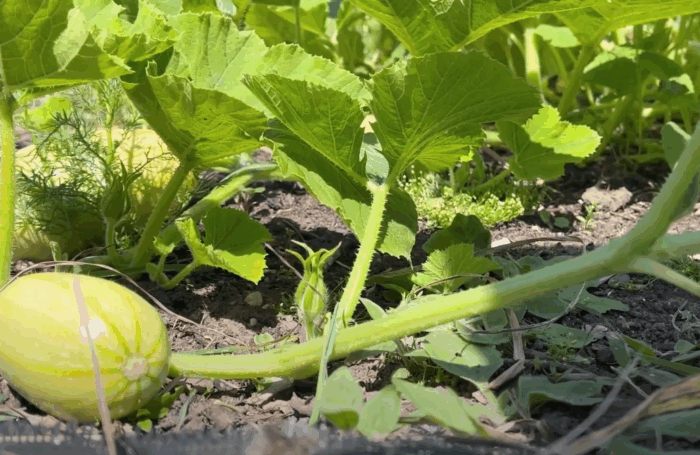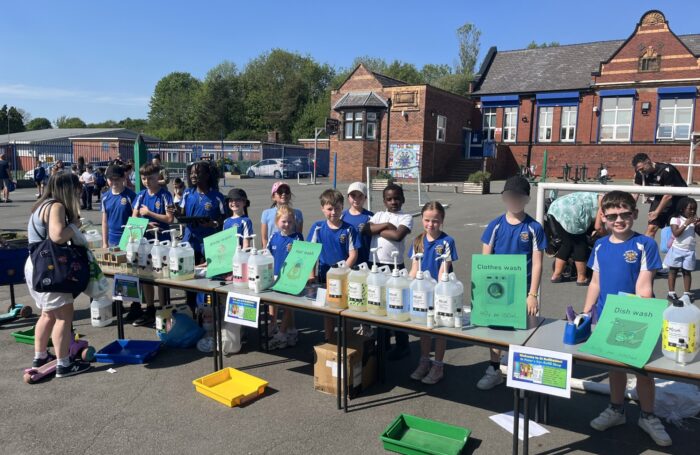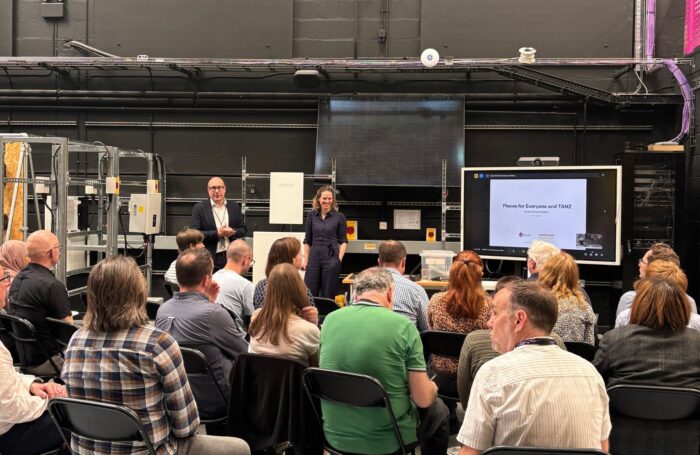We are shining a spotlight on the passionate individuals who are leading the way with their commitment to reducing waste – our Local Sustainability Champions. We caught up with Emily Corner, Operations Manager at Sow the City who runs the Boiler House to find out how the R4GM Community Fund has helped to make a difference to their project…
Tell us about your project
We run the Moss Side Repair Café on the last Saturday of the month from 10-12 noon at our community space in Moss Side – the Boiler House. These events link in with the international Repair Café initiative, providing a space and tools for repairing broken items, to extend the life of products, reduce waste and save resources. Every month around 20 items are repaired – electrical items, bikes, clothes and furniture. The manufacture of, for example, a toaster is around 9kgC02 so we can notch up an impressive carbon saving over 200kgCO2 in one Repair Café!
At the Boiler House our programme of events encourages skills building to promote a circular economy. This means our activities aim to minimise waste, reuse and recycle materials, and create products that can be easily repaired or repurposed. At the Moss Side Repair Café, our volunteer experts mend broken items and share their skills, empowering local people to fix things themselves and reduce waste.

How did you first get involved in this sustainability project and what motivated you to get involved?
The Moss Side Repair Café builds upon the success of our community programmes at the Boiler House. The Boiler House community is continually growing! Throughout our 5+ years in running the Boiler House we have developed great connections with the local community, and we aim to ensure that all our offerings fit the needs and demands of our diverse Moss Side audience. Feedback from our activities like the Men’s Shed, Women’s Shed, DIY courses and youth engagement projects over the last few years, reveal a clear demand for learning how to repair and maintain everyday items.
The idea for a Repair Café emerged from a combination of factors. First, we recognised the growing environmental crisis and the urgent need to reduce waste. Second, we understood that many people in our community were struggling financially and would benefit from repairing items rather than replacing them. We found out about the international Repair Café movement and saw how beneficial this offering could be for people in Moss Side.
By providing a space where people can learn to repair their household items for free, we’re not only helping to protect the planet but also empowering individuals and strengthening our community! Given Moss Side’s high levels of deprivation, we knew that a Repair Café could make a significant difference to people’s lives by helping them save money, boost skills and encourage their independence.
What has the impact been on the local community as a result of the project?
Moss Side Repair Café is impactful not just through the physical repair of household items, but also by bringing people together, providing skills, and kicking-off discussions around the circular economy:
Environmental Impact: Repairing rather than replacing items can lead to huge savings in CO2 – reducing the need to both manufacture and transport new products. We’re also diverting waste from landfill, where items would otherwise contribute to climate change, pollute water and air, degrade land, and waste valuable resources.
Environmental Education: The Repair Café provides a platform for talking about other environmental issues, such as waste, active travel, consumerisation etc. Through these conversations, individuals often become motivated to make more environmentally conscious decisions in other parts of their daily lives.
Economic Impact: By repairing items instead of purchasing new ones, local people can save money. Our Repair Café, therefore, assists low-income groups and individuals to save money. Moss Side has a 50% Black and Minority Ethnic population, much of the area falls within the 5% most deprived in the country, and levels of education and employment are some of the lowest in the city.
Social Impact: The local community attend Moss Side Repair Café for various reasons – to save money, reduce their environmental impact, meet likeminded people, learn new skills in repairing. This creates a diverse audience, bringing groups of people together who may not usually meet, and fostering a sense of community.
Skill Building: Our volunteer fixers share their expertise, enabling community members to learn new skills. This not only empowers individuals but also contributes to a more resilient community.
Why do you think it’s important more people get involved in sustainability and being a Sustainability Champion?
Phrases like – climate change, circular economy, sustainability, carbon footprint – can scare many people off! At the Boiler House, and through our Repair Café, we encourage engagement with sustainability and the environment in a tangible and accessible way.
A Sustainability Champion, in our setting, is anyone that helps, teaches and guides others to live a more sustainable life. For example, our Repair Café volunteer fixers, other volunteers at the Boiler House, and anyone who shares the sustainability message. We see our activities at the Boiler House as creating an “army” of these Sustainability Champions who after attending our activities, will spread the word.
We know that it’s important to start small – the climate crisis cannot be tackled by just a few individuals but must include the collective actions of many. Small, individual actions, when multiplied across a population can lead to significant reductions in waste and consumption.
When people see the tangible benefits of their actions and the progress that can be made when we work together, they’re all the more likely to continue!
We know from experience, how the Moss Side Repair Café can support and inspire a future cohort of Sustainability Champions.
How can people get involved in your project?
They can come to our Repair Café on the last Saturday of each month and meet our team of ‘fixers’.
They can volunteer at our Repair Café, either as a ‘fixer’ or at reception
What do you think is the single greatest priority for Greater Manchester to tackle the climate crisis?
This is a huge question! In relation to our activities at the Boiler House, I’d say it’s environmental education and demystification. Providing normal people with the tools, resources and expertise to improve their lives, with the added bonus of a grounding in environmental education – boosts green populism. A better-educated population are more able to apply pressure on the powers that be, and demand for spending in a greener future for GM.
And if time and resources weren’t an issue, how would you address that priority?
Ideally we’d train up a generation of people with Green Skills. There is a severe deficit in Green Skills – providing expertise in renewable energy, sustainable building techniques, retrofit, environmental management and agriculture/food. Green skills create jobs, fight climate change, and build resilient communities.
The Recycle for Greater Manchester Community Fund is a joint initiative between R4GM and Suez, with funds coming from sales made via Renew. Renew is the biggest reuse initiative of its kind, taking items that have been donated by residents at recycling centres and repairing or upcycling them ready to be resold.
There are three Renew shops across Greater Manchester, as well as an online shop and eBay page. Every year, £220,000 is made available for community groups, charities, schools and other organisations to bring to life projects that reduce waste and encourage reuse and recycling, while at the same time bringing people together via social value activities. To date, the R4GM Community Fund has awarded £660,000 to around 66 projects, covering a range of activities such as composting clubs, repair cafes, plastic upcycling, bike repair and more.



